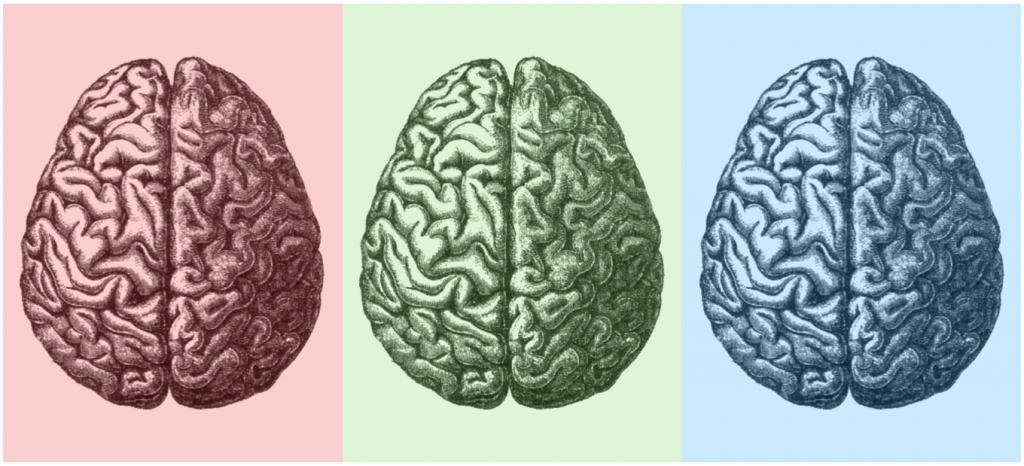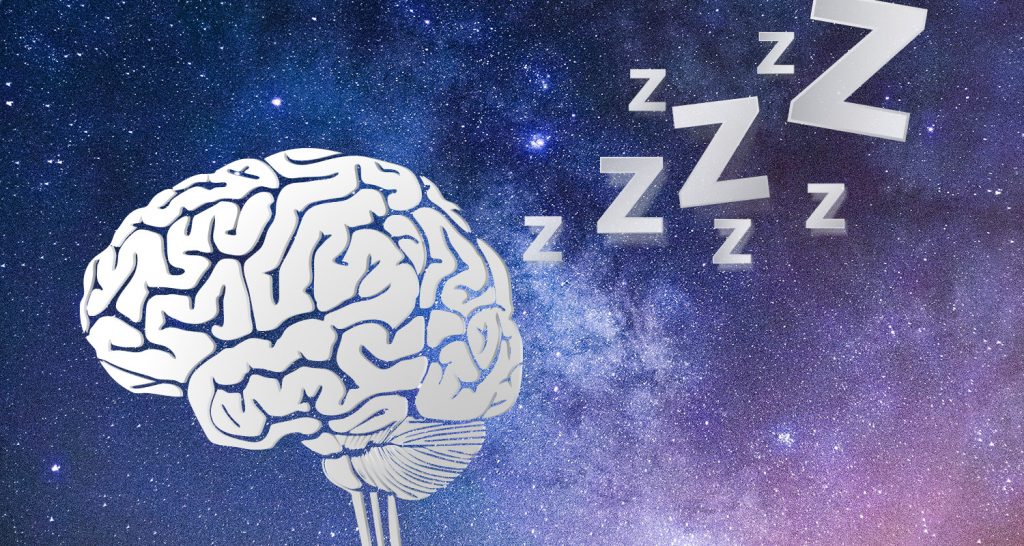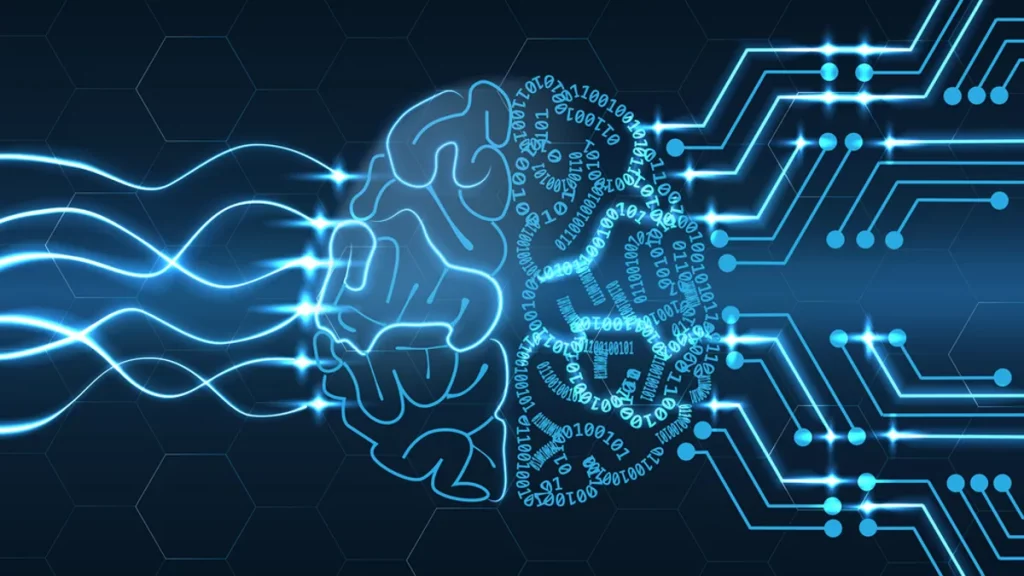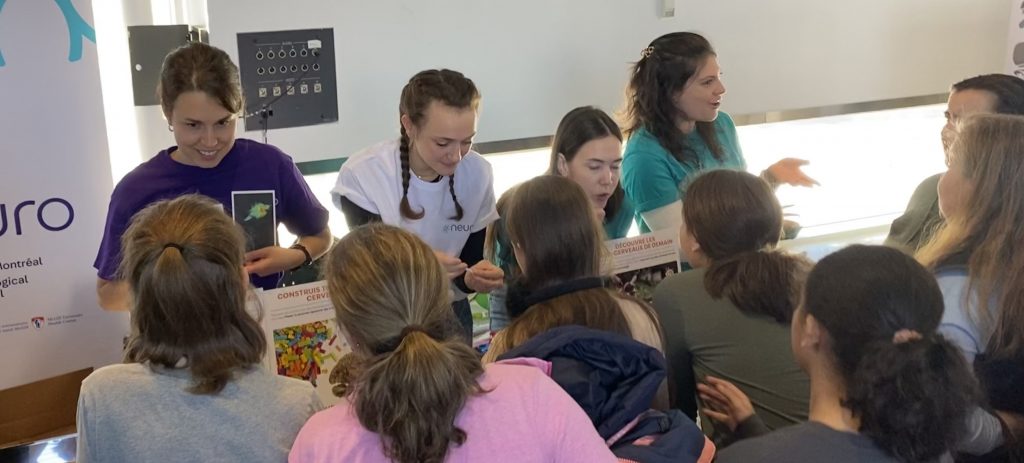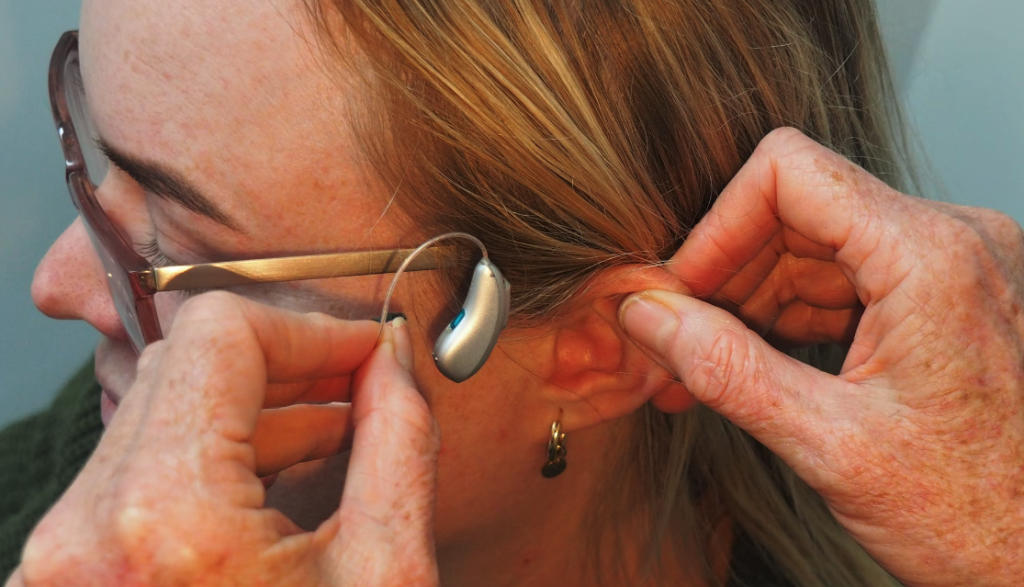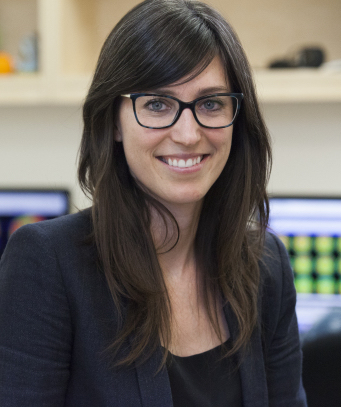Discovering New Frontiers in Neurodevelopmental Research: A Conversation with Dr. Marie Brossard-Racine
Dr. Racine’s work primarily focuses on unraveling the complex mechanisms behind function and dysfunction in children with neurodevelopmental disorders. From scanning babies to adolescents, her lab tackles the unique challenges of MRI scanning across different stages of childhood development.


